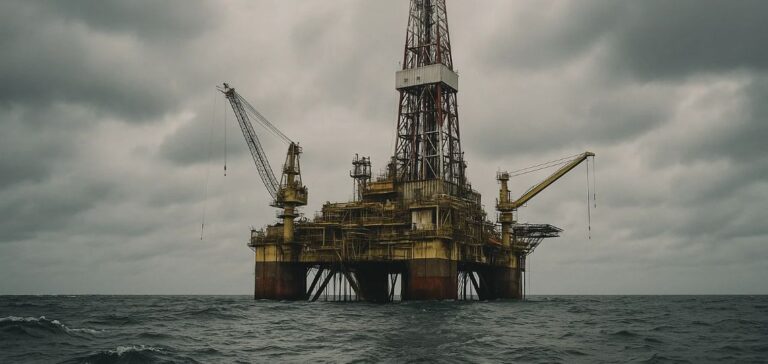The DBM-1 ST2 appraisal well, drilled in the Dussafu licence offshore Gabon, has confirmed a significant discovery, with an estimated potential of 56 million barrels of oil. Of these reserves, around 25 million barrels are considered recoverable, strengthening the production outlook for BW Energy.
Bourdon development potential
Carl K. Arnet, CEO of BW Energy, emphasized that this discovery confirms the potential to create a new development cluster with a production facility, following the MaBoMo model. The company plans at least four production wells for this project. This progress is part of a broader strategy to expand the company’s reserve base in the Dussafu area, which still contains several additional prospects to be drilled.
Reservoir characteristics
Initial data shows that the oil from the Bourdon field has relatively low viscosity, with an average of 3.5 centipoises (cp). In comparison, the neighbouring Hibiscus/Tortue and Ruche fields have viscosities of 5 cp and 7 cp, respectively. This lower viscosity could facilitate extraction and processing operations.
Drilling data revealed a 35.2-metre oil column, with approximately 11.2 metres of pay in the Gamba formation. The well was drilled by the Norve jack-up rig to a total depth of 4,731 metres.
Implications for BW Energy’s reserves
The Bourdon discovery will allow BW Energy to add additional reserves to its balance sheet, reserves that were not included in its 2024 Reserves Statement. The Bourdon field is located approximately 15 kilometres from the FPSO BW Adolo unit and 7.5 kilometres from the MaBoMo facility, offering synergies with existing infrastructure. This discovery will contribute to supporting the company’s long-term production growth.





















